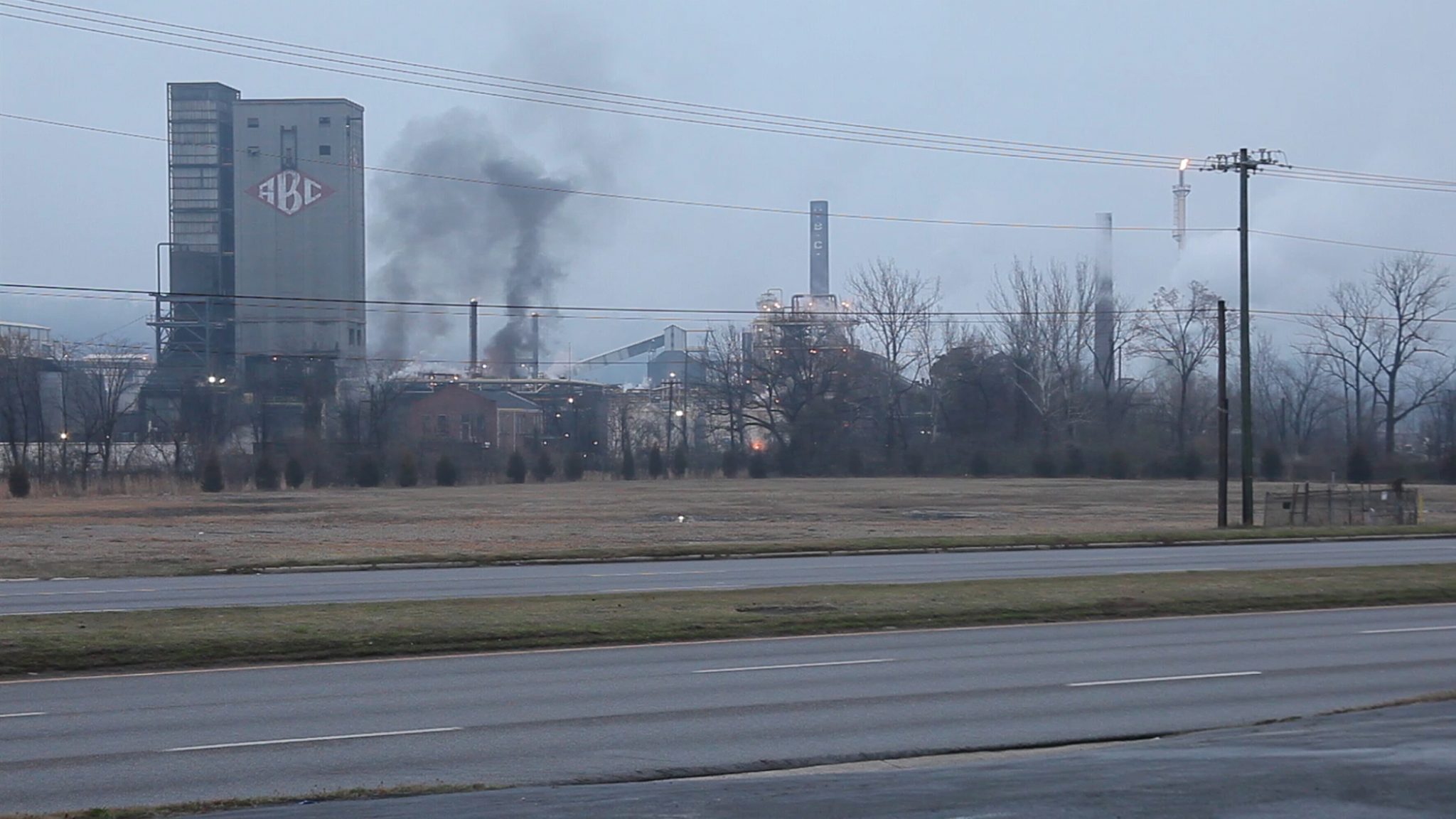The study, “Spatiotemporal association between birth outcomes and coke production and steel making facilities in Alabama, USA,” was published in the journal Environmental Health. Dr. Julia Gohlke was the study’s lead author.
Gohlke’s team found a correlation between low birth weight and above-average volatile organic compound (VOC) emissions from coke and steel facilities during the birth year. They also found that emission of heavy metals were associated with preterm birth.
The researchers’ ultimate conclusion was that “further research teasing apart the relationship between exposure to emissions and area-level deprivation in neighborhoods surrounding industrial facilities and their combined effects on birth outcomes is needed.”
Gasp has long said that one of the most important keys to changing the status quo is to better understand the reality of how toxic pollution is really hurting our health and our communities. This study is a beginning.
More research is indeed needed, just as the team concluded, but this will certainly go a long way in helping us understand the breadth and the depth of the problems caused by dirty air. Gasp continues to call on UAB and the Jefferson County Department of Health (JCDH) to conduct a comprehensive health survey to investigate environmental health issues in Birmingham.



